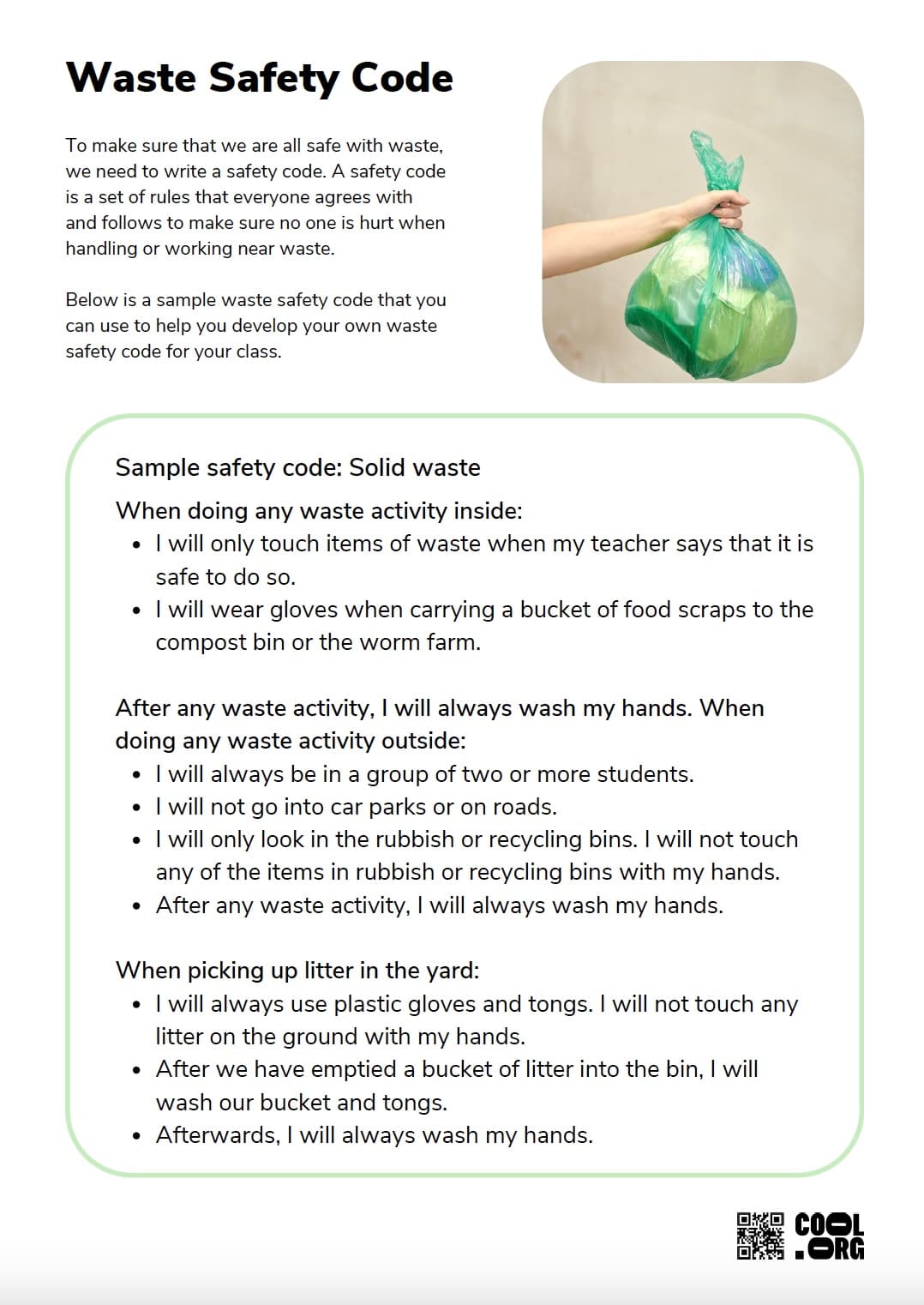Learning intentions:
Students will...
- explore how to work with waste safely
- draw on prior knowledge and personal experiences.
Success criteria:
Students can...
- use nouns and verbs in the correct context
- write a class safety code for handling waste.
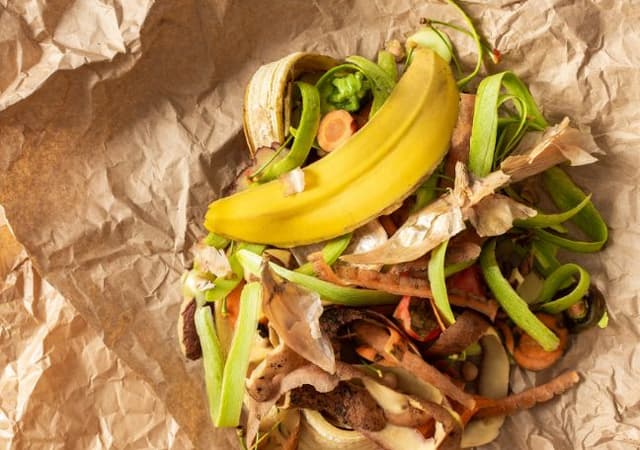
Lesson Plan
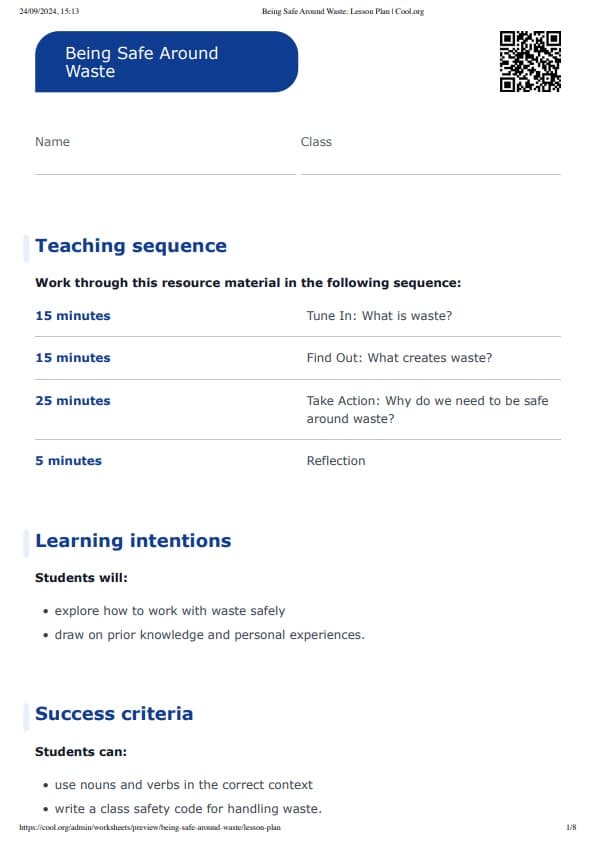
Waste Images Visual Explainer
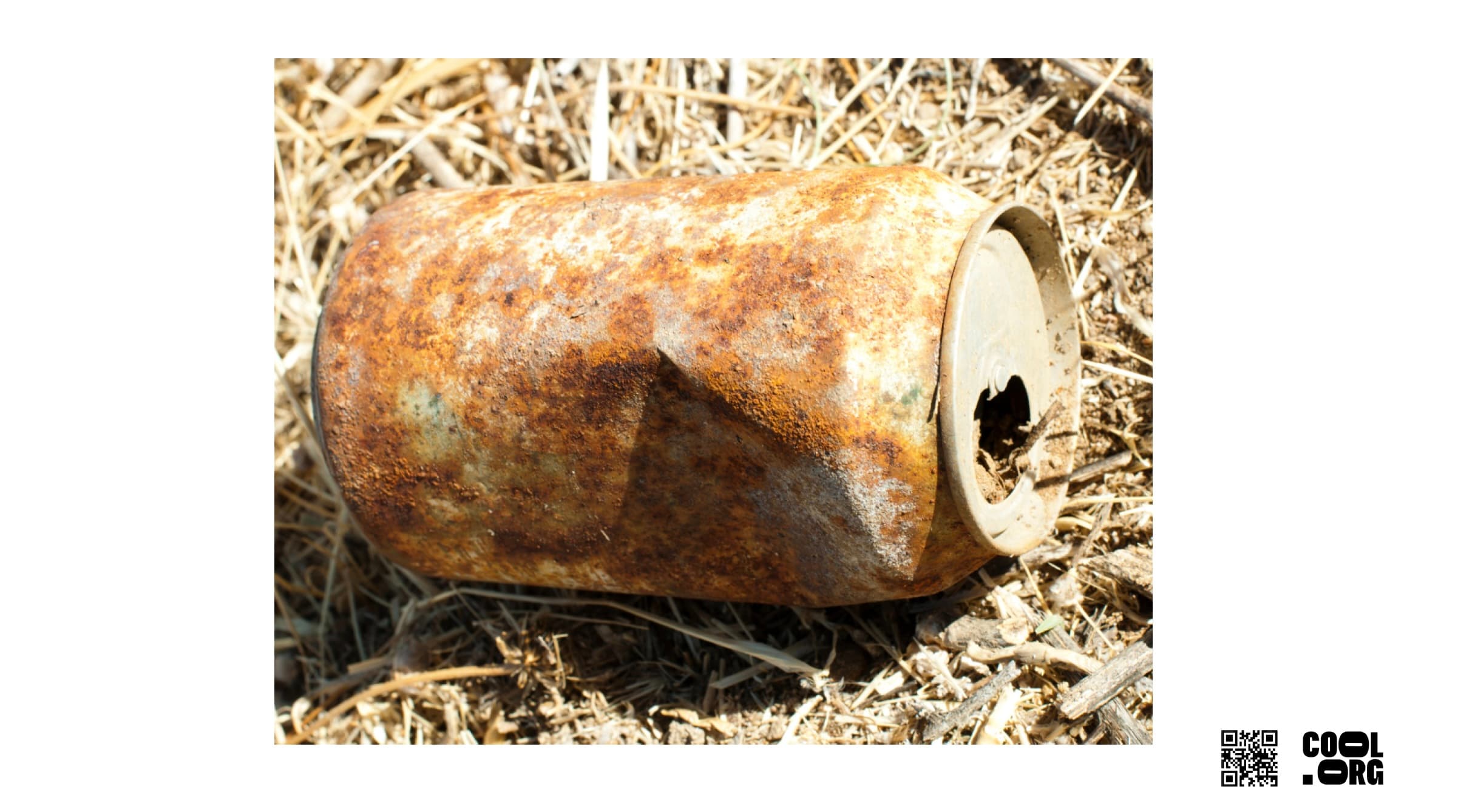
Discussion Cards
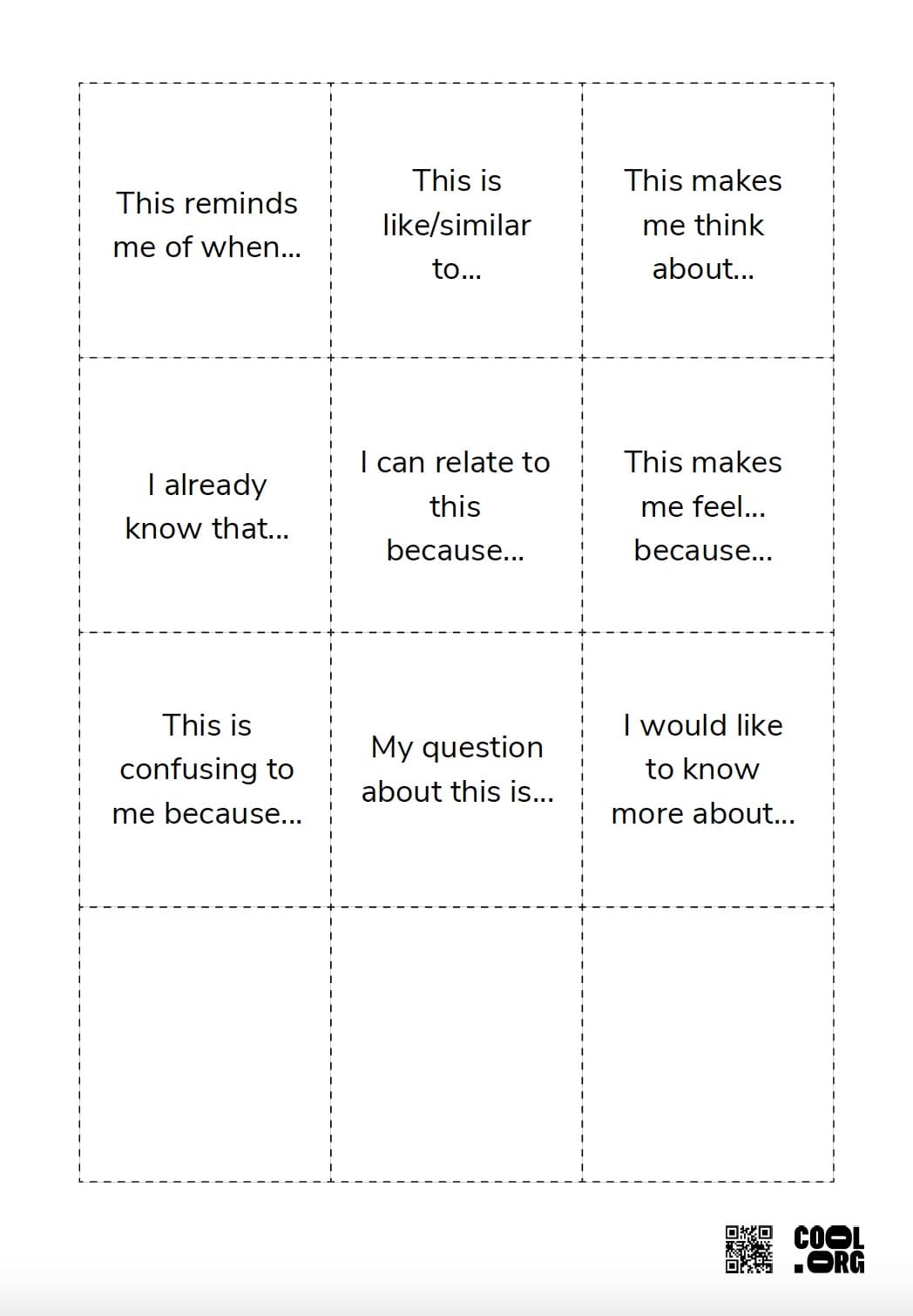
Sample Waste Safety Code
